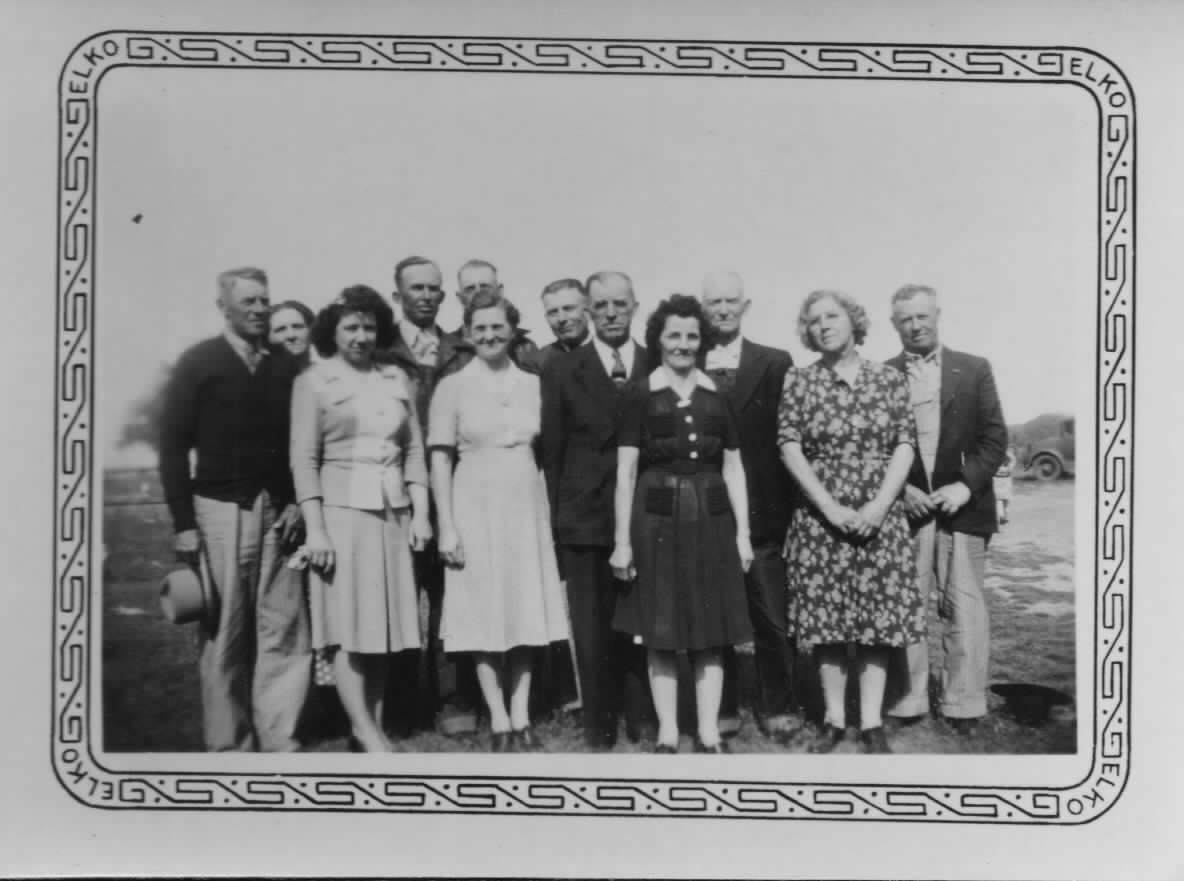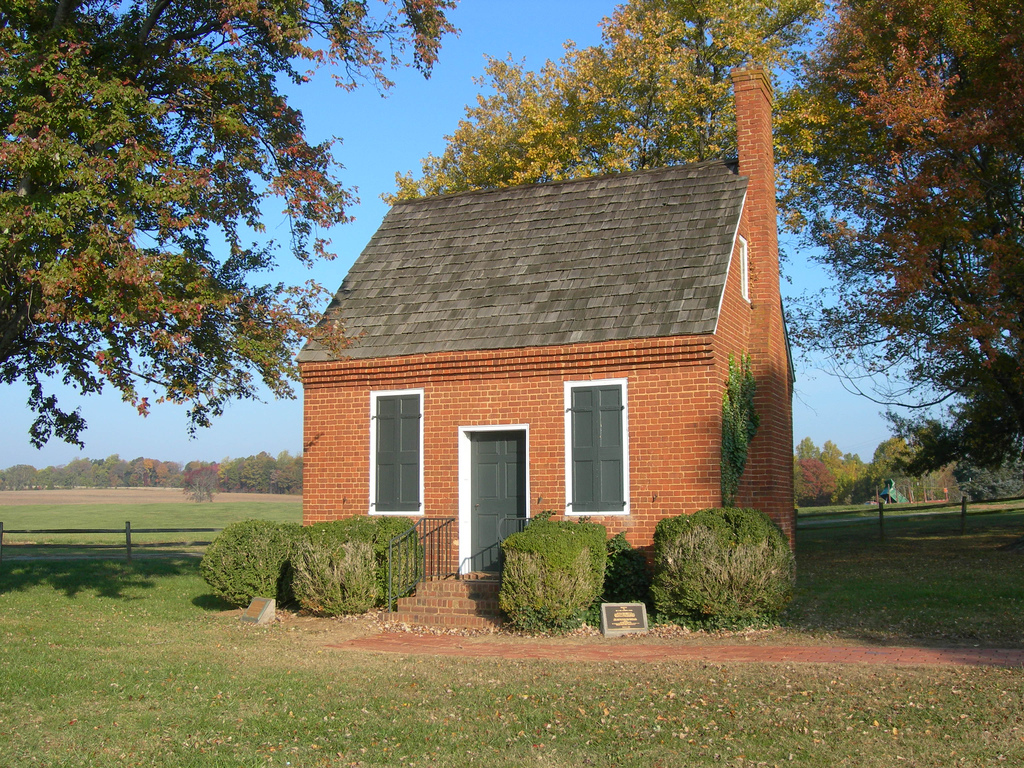 |
Dalton America A Family Group Project |
 |
|
Background Origin of the Daltons
at the Focus of Our Project History of Our Family Group
Project How
do I join the Dalton America project? Privacy and Sharing my DNA
Results
For Y-DNA Members How do Y-DNA results tell me about my ancestors? Working with my Y-DNA Matches- Step 1: Your Y-DNA Matches -Step 2:Adding your Family Information -Step 3: Locating your Family Subgroup -Step 4: Connecting with matches For atDNA (FF) Members How do atDNA results tell me about my ancestors? Working with my FF Matches - Step 1: Reading my FF Matches - Step 2: Preparing my FF dashboard - Step 3: Connecting with my FF cousins Return to Dalton America Home Page |
Working with my Y-DNA matchesStep 2: Adding your Family Information (Y-DNA)Posting a couple pieces of limited additional information will enhance
the effectiveness and efficiency of your
work with Y-DNA matches. We recommend your doing so when your kit first arrives. First some background. To discover your family through a Y-DNA test, two kinds of information must be brought together:
If you already have a family tree, simple or complex, adding your family information to your dashboard is relatively easy. In fact navigating to the place to add it is the hard part. There are two places we will direct you to. Adding the Paternal Earliest Known AncestorSince you and your match will be trying to locate your common ancestor, the name, dates, and place where your earliest known ancestor lived will aid the search. Remember this ancestor (1) is in your paternal line: father to grandfather to great-grandfather to great-great-grandfather, etc.; and (2) is the earliest known. You may be able to speculate back further than this, but just name your earliest reliably known ancestor, and inquire of your match how certain they are that they descend from the earliest ancestor they have listed. To complete this task, click on your name in the upper right hand corner of the dashboard, then click on Account Settings on the drop-down menu that opens (see left below). When the Account Settings dialogue
box opens (see right above), click on GENEALOGY on the horizontal menu, and then Earliest
Known Ancestors. For Y-DNA enter
the information for the earliest known
ancestor in your male line on the Direct
Paternal Ancestor line.
We recommend you also list his birth date
and birth place beside his name.
After you have entered the information,don't forget to click the SAVE button at the bottom of the dialogue box. Adding Your Paternal Family Line (Your Family Tree)The second useful addition is your family tree. The male line is the necessary beginning, but if you already have a tree prepared, go ahead and add the basic information for all your lines. There are two options for doing so on the FT-DNA dashboard: Create a new tree from the keyboard or Upload Gedcom using an externally created file. Begin by clicking on Family Tree at the top left hand corner of your dashboard.
A window will open presenting you with the option of entering your tree via the FT-DNA tree maker or uploading a gedcom gedcom. Select the option that you wish to employ and follow the prompts provided to complete the process. Remember under either option the home person in the tree is the person whose Y-DNA was tested. If you are a manager of a kit, enter the name of the person tested, not your own; enter his tree, not yours. If you chose the Create option: There are any number of instructional videos online
for constructing a family tree. But if you decide to use this
option we recommend you download the detailed information pdf for some
additional advice specific to a Y-DNA useful tree. If you chose the Upload Gedcom option: The following window will open: The dialogue box will look like that above. Use the BROWSE button on the Select GEDCOM line as you normally do to find and input the name of the gedcom file. We recommend that you enter a Tree Name under Tree Profile with the tested person in the title. And we recommend that you enter in the Tree Description
an explanation for the degree of proof for the information you entered
in your tree: Was the tree best labeled speculative, documented, or
reliable? If you need some help with this decision see the
detailed instructions we provide. FT-DNA will not provide the opportunity to include documentary sources for the information in your tree, but if you construct a tree in computer software be sure you include such sourcing there. Managing Your Tree After Entry
|
|||
| Background |